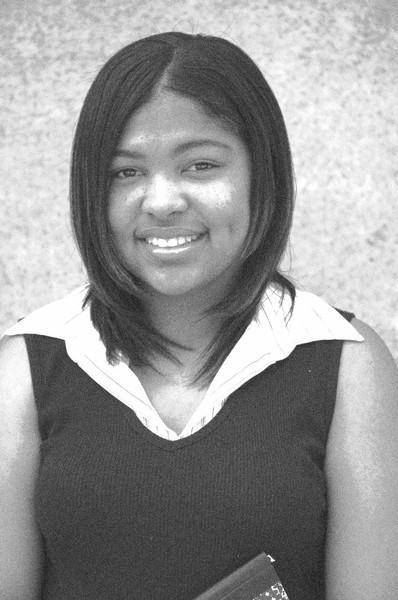“We will no longer sit around while LSU treats us like LS but not U.” Those were the words a NAACP spokesperson from LSU’s chapter said Thursday night at Southern University’s homecoming concert.
As thousands of students were entering Southern’s Mumford Stadium they were greeted by members of both Southern and LSU’s NAACP chapters. They proceeded to pass around a petition calling for a ban on the purple and gold rebel flag. They believe the rebel flag hinders the University’s process of becoming a more diverse school and is a symbol of racism for black university students.
The NAACP spokesperson said black students at LSU will not stand for the rebel flag in purple and gold to be waved over their head’s at games and any other function on campus. She threatened if the University would not stand up for blacks at the University the NAACP would take their petition nationally.
Collin Phillips, a member of the NAACP and a black student here at the University said “Not only do we look at slavery and all the racial implications that it represents but high school prospects that come to games see the rebel flag. People see us on TV and they think LSU endorses the rebel flag to the point that it would change its colors to purple and gold. I cannot knock their heritage, I respect their heritage, but how would you feel if I waved a Black Panther flag in your face. The confederate flag was used as a symbol of fear against our people.”
Phillips confirmed there is a committee set up by the University to go around during home games and find people who are waving the purple and gold confederate flags. The group of people will then offer the individual a purple and gold LSU flag in exchange for their rebel flag.
In the meantime, Phillips encouraged students to come to the NAACP general body meeting Thursday at 5:30 p.m. in the AACC building where they will be discussing the purple and gold rebel flag issue.
“It’s time to face the fact that it was a lost cause, that’s the problem we tend to blame state’s rights and things like that.” Launey Griffith, a white student at the University said, “We have to admit it was fought over slavery. It’s the year of 2005 and it’s time to move on.”
If only white Southerners could see how the flag represents the pain and suffering of an entire race then maybe they could begin to understand why many blacks feel so hostile towards the flag.
No one is trying to take away anyone’s heritage as many Southerners charge when they say the confederate flag is a symbol of heritage, and not hate.
It is easier to sit back and look from the eyes of the oppressor when you yourself have never been the oppressed. To blacks it is a sign of the most oppressive time in our history. It is the symbol we recognize when our country did not consider us Americans, a time when our country did not even consider us human.
The rebel flag is the flag I see being waved over the head of a dead slave who has just been lynched in front of a crowd of spectators. It is the flag our grandfathers remember being waved in front of their churches by the Klu Klux Klan and the same flag they used to protest the civil rights movement in the 60s. Most importantly it is the flag that reminds us of a time when the South still wanted blacks to be enslaved.
It would be effortless for many to sit back and let this bigotry continue in front of their eyes, but for me it is impossible.
I am almost positive if the black athletes at the University were to protest the rebel flag and not play football, or any other sport for that matter, the purple and gold flag would be quickly tucked away.
There are not enough words in the English language to express the animosity Americans of African descent have for the rebel flag. For individuals to take it one step further and use our own school colors to represent the flag is appalling and demeaning.
Until the University sees that blacks will never let the issue of the rebel flag die, it will remain, for us, unfinished business.
Sevetri is a mass comm. sophomore. Contact her at swilson@lsureveille.com
Removing symbolic oppression
October 12, 2005

Good, bad and ugly define aftermath








